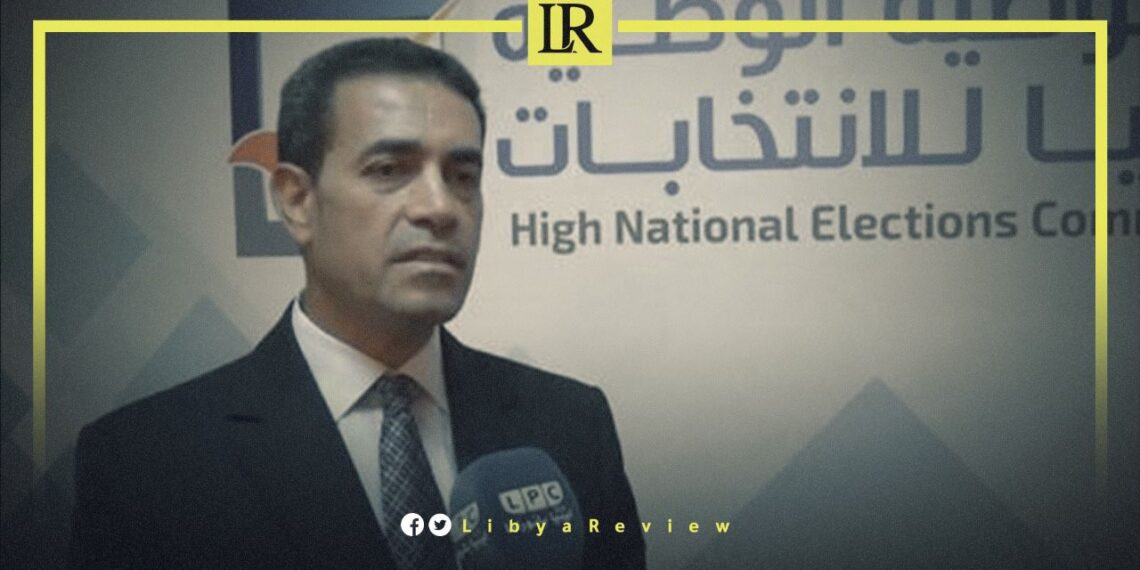On Saturday, the Media Center of Libya’s National High Electoral Commission (HNEC) hosted a seminar titled “Addressing Political Stalemate to Conduct General Elections.” This event was part of the Political Parties Forum and organized by the Libyan Center for Dialogue and Peacebuilding.
Distinguished attendees included Dr. Emad Al-Sayeh, the Chairman of the Commission, Commissioner Abubakar Marda, representatives from various political parties, and experts in electoral and political affairs.
During his opening remarks, Al-Sayeh expressed appreciation for the national contributions made by civil society organizations, political parties, and all stakeholders involved in the electoral process. He commended their collaborative efforts to unify perspectives concerning Libya’s future, underlining their collective pursuit of national stability, revival, and development.
The HNEC’s head underscored the vital role that political parties play in the success of electoral operations, particularly through voter education and monitoring. He emphasized the need for enhanced contributions towards spreading electoral culture, democratic awareness, and the culture of peaceful transitions of power.
The seminar featured discussions on the feasibility of implementing general electoral laws, led by Khalid Al-Mirimi from the Center for Dialogue, who provided an overview of electoral legislation and discussed necessary measures to ensure peaceful transitions of power in Libya.
Another session, managed by Dr. Abdulsalam Al-Balazi from the Center for Dialogue, focused on the conditions required for forming a unified government. This session facilitated a rich exchange of ideas regarding the challenges faced by the electoral process. The seminar concluded with a set of recommendations reflecting the participants’ views on resolving the political deadlock to facilitate future elections.
Since the fall of Muammar Gaddafi in 2011, Libya has grappled with severe political fragmentation and instability, with competing factions vying for control. Efforts to establish a unified government and conduct general elections are pivotal to creating a stable and democratic framework in Libya.
The seminar is part of broader efforts to foster dialogue and collaboration among Libyan political factions and civil society, aiming to break the political impasse. By addressing key issues such as electoral law implementation and promoting a culture of peaceful power transition, the event contributes to Libya’s ongoing journey towards stability and democratic governance. This focus on non-violent power transfer is crucial for Libya’s aspiration to become a peaceful, democratic, and prosperous nation.


